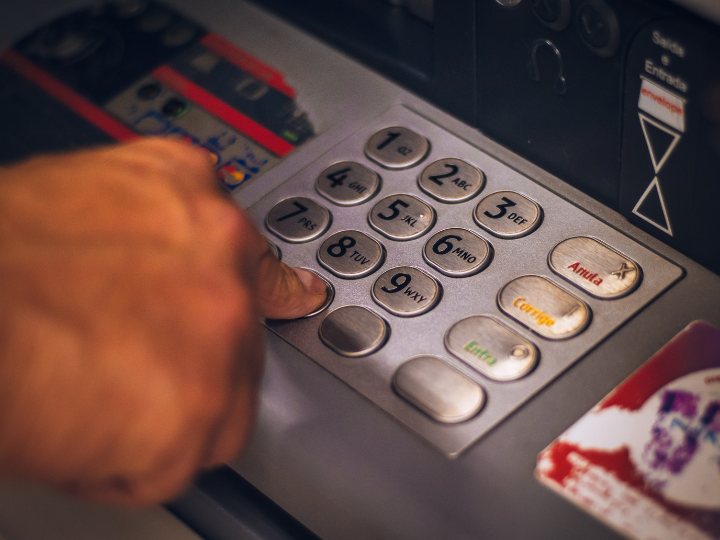by Spencer Feingold*
The African Union plans to create a new sovereign credit rating agency that it says could provide more accurate risk assessments for governments across the continent.
The proposal for the new agency, the African Credit Rating Agency (ACRA), was outlined in a recent report by the United Nations Economic Commission for Africa, which claimed that today’s leading credit rating firms make “significant errors in their ratings.” The erroneous ratings, according to the report, are often based on narrow assessments that don’t take into account positive economic indicators and can impact the flow to capital in the region.
“It is envisaged that the ACRA would provide balanced and comprehensive opinions on African credit instruments to support affordable access to capital and the development of domestic financial markets,” the report states.
Sovereign credit ratings
Sovereign credit ratings, which are independent judgements on a government’s creditworthiness, are particularly important for developing countries since the cost of borrowing can influence a government’s ability to fund everything from infrastructure programmes to healthcare services.
Rating agencies take a number of factors into account when assessing the level of risk associated with lending money to a government. These indicators include the level of government debt, per capita income, GDP growth, the stability of financial institutions, inflation and default history, among others.
Today, three agencies are considered to be the most significant: Fitch Ratings, Moody’s Services and S&P Global Ratings. Rating scales differ between firms, but the top three agencies use alphabetical scales with AAA being the top level and C or D being the lowest. Pluses, minuses and numbers are also used to denote sub levels of creditworthiness.
African Credit Rating Agency
The United Nations Economic Commission for Africa report found that in the first half of 2023, the top rating agencies issued 13 negative decisions to 11 African countries. The negative assessments included rating downgrades and negative outlook analyses.
“These developments have reversed the optimism amongst investors on the international financial markets that African countries are recovering from the devastating Covid-19 economic shocks,” the report states.
In January, for instance, one of the leading credit rating agencies downgraded the Nigerian government’s rating from B3 to Caa1. The decision, the agency said, was due to “wide-ranging fiscal” pressures and “institutional weaknesses and social challenges” in the country.
Nigeria, however, disputed the decision, which caused the value of Nigerian government bonds to fall.
“In the view of the Federal Government of Nigeria, by proceeding to downgrade the government’s rating after rigorous engagements on all the efforts the government has undertaken to stabilise the economy, confirms that the rating agency lacks the full appreciation of the country’s domestic environment in the context of the international political economy,” the UN report noted.
The ACRA, which is expected to be launched in 2024, could provide more precise credit ratings and economic outlook assessments that would make borrowing cheaper for African governments, proponents say.
In April, a study by the United Nations Development Programme found that African countries could save nearly $75 billion if credit ratings were based on less subjective assessments. The savings would enable governments to “repay the principal of their domestic and foreign debt and free up funds for investments in human capital and infrastructure development,” the report states.
The creation of an African credit rating agency was also raised during a gathering of African ministers and development actors during the 2023 World Bank/IMF Spring Meetings.
“We are at the heart of polycrisis and African governments are struggling with a drought in development financing,” Ahunna Eziakonwa, UN Assistant-Secretary General and UNDP Regional Director for Africa, said in a statement. “We urgently need more fairness and justice in the way we conceptualize multilateral agencies. We need to foster agency for African people to meet development aspirations and a system where risk can be fairly priced.”
*Digital Editor, World Economic Forum
**first published in: Weforum.org




 By: N. Peter Kramer
By: N. Peter Kramer

